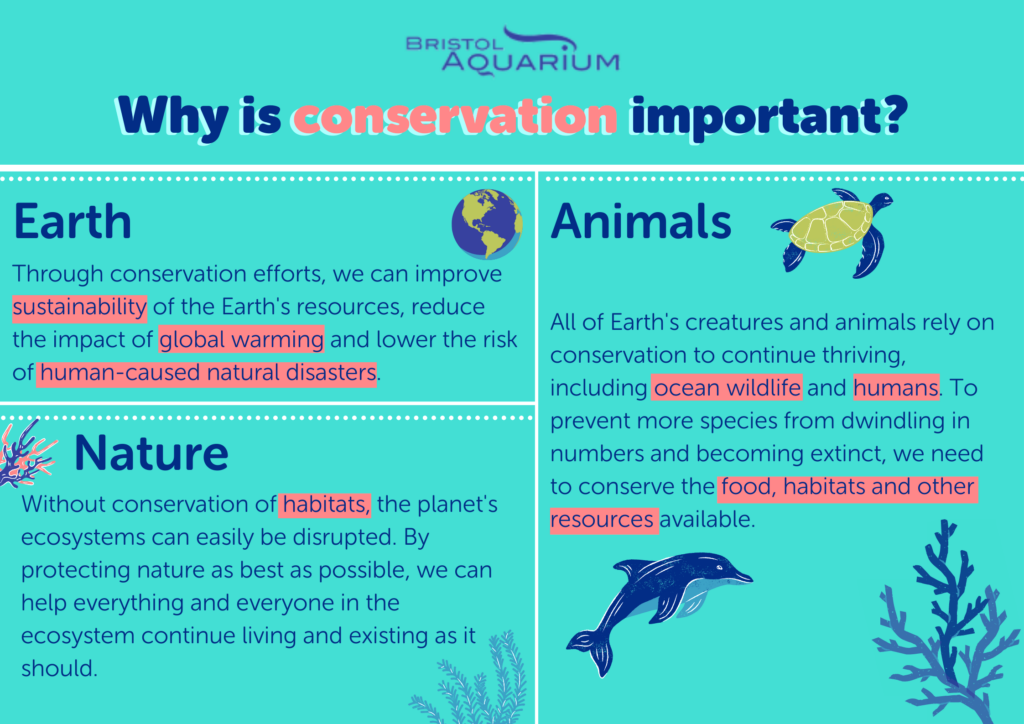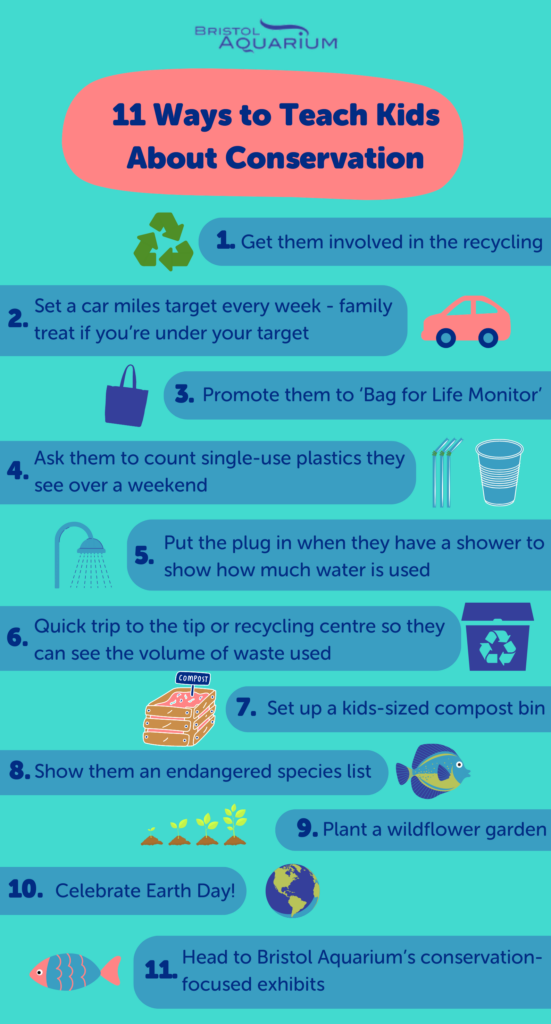Conservation has long been a hot topic, with increasing importance placed upon getting it right and changing the future for the better. There are targets and plans at almost every level of society, from personal tasks such as recycling to governmental targets such as going carbon neutral.
There are loads of different areas of conservation, but they all have the same goal in mind – preserving as much of Earth’s natural resources as possible.
So, what is conservation?
We tend to take a lot of Earth’s natural resources for granted – it’s easy to think that because something has always been there, that it always will be. But the world is delicately balanced, and all our actions impact our surroundings and the Earth’s resources in different ways. Unfortunately, protecting and preserving these resources hasn’t always been at the forefront of everyone’s minds – particularly if there’s a chance to make a little profit.
However, there are an increasing number of individuals, groups, organisations and collectives that are actively fighting against the damage caused and the loss of natural resources. And, this is conservation – the proactive approach to conserving the Earth’s natural resources.

There are a number of different types of conservation, typically related to one or more of the different groupings of the Earth’s natural resources – air, minerals, plants, soil, water, and wildlife. Conservation groups and activists aim to ensure these resources survive long enough for future generations to experience and enjoy.
There are many different forms of conservation action – from political lobbying to captivity breeding programmes. These can be used to overturn potentially harmful laws, or protect an endangered species from going extinct. All forms of conservation are equally important, as they contribute to the Earth’s delicate ecosystem.
Why is it so important that kids learn about conservation?
Whilst we have a long way to go to get our conservation efforts to the level required, there’s loads of information and guidance out there. However, perhaps even more important than teaching ourselves about conservation, we’ve got to make sure that the next generation is armed with everything they need to know about conservation and taking care of the planet.
That’s why we’ve put together our top tips for teaching kids about conservation, here:

There are loads more things you can do with or without the kids, too. We’ve put together a few guides in the past that are brilliant for helping you make your own little difference to the world. Check them out here:
What is wildlife conservation?
This is one of the areas of conservation we’re well-versed in here at Bristol Aquarium, and something we’re incredibly passionate about. Wildlife numbers are constantly at threat from over-farming, climate change and habitat loss – and, as such, some species come perilously close to coming extinct.
Like many wildlife-focused conservation efforts, we believe in the important role that captive breeding plays in conserving at-risk species. If an animal’s natural habitat has been interrupted and damaged to the extent that their survival is in doubt, it is vital that an intervention is staged to immediately secure the future of the species, and then plans to repopulate the wild are put in place.
Species of hamster, beaver, stork and lynx are just a few examples of animals which have come super close to going extinct, only for a conservation effort to salvage their numbers and reintegrate them into the wild.
The long-term goal of any wildlife conservation effort is to bring animals back to the habitat in which they thrived, and protect both the beast and the habitat.
And, if you’d like to see captive breeding in action, why not pay us a visit at Bristol Aquarium, where you’ll be able to see the animals thriving, and speak to our team of friendly and knowledgeable experts.
